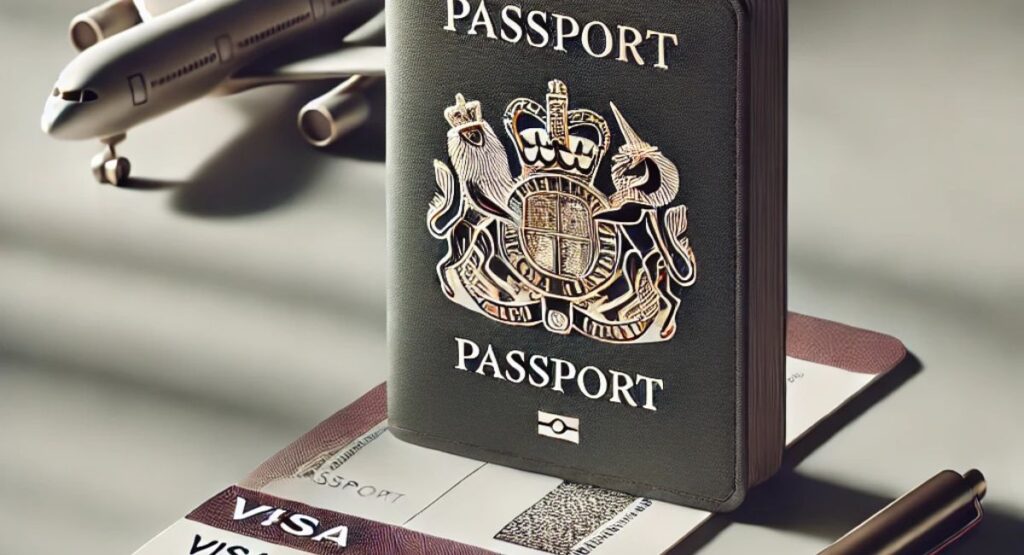Introduction
Canada is a land of vast opportunities, stunning landscapes, and a diverse culture. For Austrian and German citizens considering a move or visit to Canada, understanding the various visa options is essential. Whether you’re looking to study, work, or simply explore the beauty of Canada, this guide will provide you with a comprehensive overview of the available visa pathways. We’ll cover everything from tourist visas to work permits, helping you navigate your journey to Canada with ease.
Understanding Visa Types
When planning your trip to Canada, it’s crucial to identify the type of visa that suits your needs. Below are the primary visa categories available for Austrian and German citizens: CANADA VISA FOR AUSTRIANS.
Visitor Visa (Temporary Resident Visa)
The Visitor Visa is ideal for those who wish to explore Canada for tourism, visit family or friends, or attend business meetings. Here are key points to consider:
- Duration: Typically allows stays of up to six months.
- Eligibility: Must demonstrate ties to your home country, sufficient funds for your stay, and a valid reason for your visit.
- Application Process: Apply online or through a Canadian consulate, providing the necessary documentation.
Study Permit
If you’re an Austrian or German citizen looking to pursue education in Canada, a Study Permit is required. Here’s what you need to know:
- Duration: Valid for the length of your program, plus an additional 90 days to prepare for departure.
- Eligibility: Must be accepted by a designated learning institution, prove financial support, and demonstrate intent to return home after studies.
- Application Process: Apply online or via paper application, ensuring you include your acceptance letter and proof of funds.
Work Permit
For those seeking employment in Canada, a Work Permit is essential. There are two main types of work permits: CANADA VISA FOR GERMANS.
- Employer-Specific Work Permit: Tied to a specific job and employer.
- Eligibility: Requires a job offer and, in some cases, a Labour Market Impact Assessment (LMIA).
- Application Process: Submit your application after receiving a job offer.
- Open Work Permit: Allows you to work for any employer in Canada.
- Eligibility: Available for certain individuals, such as international students or spouses of skilled workers.
- Application Process: Generally easier as it does not require a job offer.
Express Entry System
For those looking to settle permanently in Canada, the Express Entry system offers a points-based immigration pathway. This system includes three main programs:
- Federal Skilled Worker Program
- Federal Skilled Trades Program
- Canadian Experience Class
To qualify for Express Entry, applicants must meet specific criteria, including work experience, language proficiency, and educational background. The process involves:
- Creating a Profile: Submit your information to the Express Entry pool.
- Receiving an Invitation to Apply (ITA): Based on your Comprehensive Ranking System (CRS) score.
- Submitting your application: Once you receive an ITA.
Provincial Nominee Program (PNP)
Another option for permanent residency is through the Provincial Nominee Program. Each province in Canada has its own criteria and streams, tailored to meet local labor market needs. Austrian and German citizens can apply for a PNP through:
- Direct application to a province: After receiving a nomination, you can apply for permanent residency.
- Express Entry linked PNP: Allows you to enter the Express Entry pool with additional points.
FAQs
1. How long does it take to process a Canada visa for Austrians and Germans?
Processing times vary based on the visa type and individual circumstances. Visitor visas may take a few weeks, while work and study permits can take several months. It’s advisable to check the official Canadian immigration website for the most current processing times.
2. Do I need to show proof of funds for my visa application?
Yes, for most visa types, especially Visitor and Study Permits, you must demonstrate that you have sufficient funds to support yourself during your stay in Canada.
3. Can I apply for a Canada visa online?
Yes, you can apply for most types of Canada visas online through the Government of Canada’s immigration website. Ensure you have the required documents ready for submission.
4. Is health insurance necessary for my stay in Canada?
While it’s not mandatory for all visa types, it’s highly recommended for visitors. Having health insurance can help cover unexpected medical expenses during your stay.
5. What should I do if my visa application is denied?
If your application is denied, you will receive a letter explaining the reasons. You can either address the issues and reapply or appeal the decision, depending on the circumstances.
Conclusion
For Austrian and German citizens, Canada offers a myriad of visa options tailored to various needs, whether for temporary visits or permanent residence. Understanding the different pathways available is crucial for a smooth application process. By carefully evaluating your goals, gathering the necessary documentation, and staying informed about the requirements, you can enhance your chances of successfully obtaining a visa to Canada. Embrace the adventure that awaits in this beautiful country, and take the first step towards your Canadian journey today!

